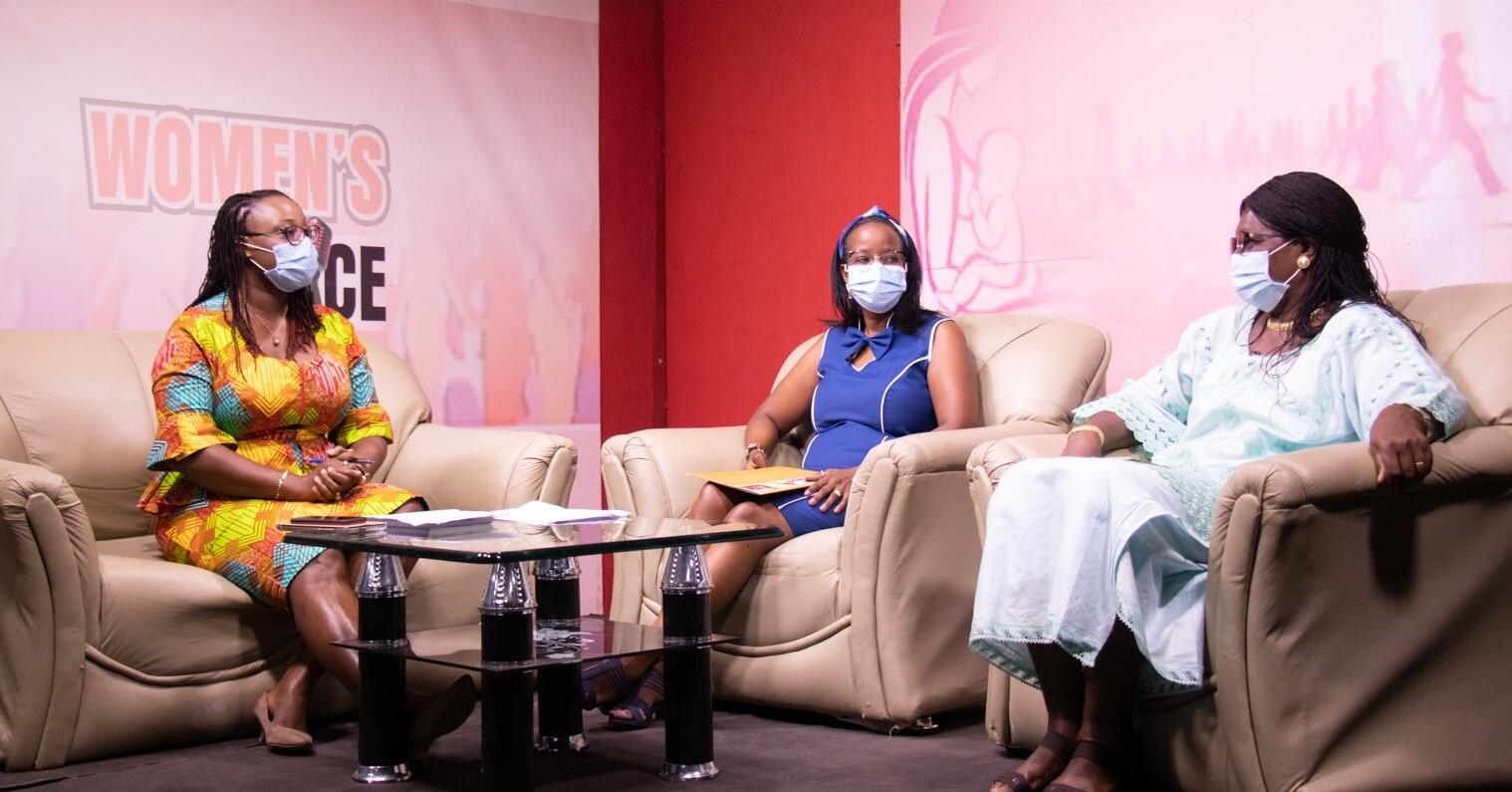As part of activities marking the 2021 International Day of Zero Tolerance to Female Genital Mutilation, Ghana Television hosted the UNFPA Deputy Resident Representative, Dr Agnes Kayitankore on its programme, ‘Women’s Voice’, to throw more light on the theme for the year.
Female genital mutilation (FGM) comprises all procedures that involve altering or injuring the female genitalia for non-medical reasons and is recognized internationally as a violation of the human rights, the health and the integrity of girls and women.
Annually, 6th of February is designated by the UN General Assembly as the International Day of Zero Tolerance for Female Genital Mutilation, with the aim to amplify and direct the efforts on the elimination of the practice.
Highlighting on the 2021 theme: "No Time for Global Inaction, Unite, Fund, and Act to End Female Genital Mutilation." Dr. Kayitankore said, COVID-19 is placing huge financial pressure on countries, and has taken up the media space such that FGM and other harmful practices and sexual and gender-based violence face tough competition for attention and funding. She added that the clock is ticking and there is really no time for global inaction. “If deliberate actions are not taken, we might lose the gains made over the years. We have to unite, fund and act to end FGM by 2030”, she echoed.
Ms. Pascaline Adadevoh, the host of the programme called on development partners as well as the general public to advocate for resources to end this barbaric practice. She pledged to use her platform and other resources available to her to advocate till we record zero FGM in Ghana.
Ms. Eunice Maasodong, a former staff of Ghana Broadcasting Corporation and a member of Ghanaian Association for Women's Welfare (GAWW), said, ‘FGM is deeply rooted in cultural beliefs and will require time to totally eliminate it.’ She said for Ghana to record the zero practice as envisaged, the education and sensitization must be ‘focused on the youth since we can only rely on them for a change and to end the battle. As for the adults, their minds seem to be already made up.’
A message sent through to the programme by a viewer read “a young woman’s marriage in Pulmakom in the Pusiga district landed on the rocks because the husband discovered she was not mutilated. The man gave her a blade and asked he to go back to the parents until the right thing is done. He asked her not return to her marital home until she undergoes the mutilation”. This was an evidence that the harmful practice still lingers.
This year, UNFPA in partnership with the Media and Communication Advocacy Network-MCAN held several media engagements to create awareness on the fight against FGM and galvanize support to end the menace in Ghana.


